
Shah Abbas I and the the Golden Age of Isfahan’s History
Mohammad2020-03-31T09:05:03+00:00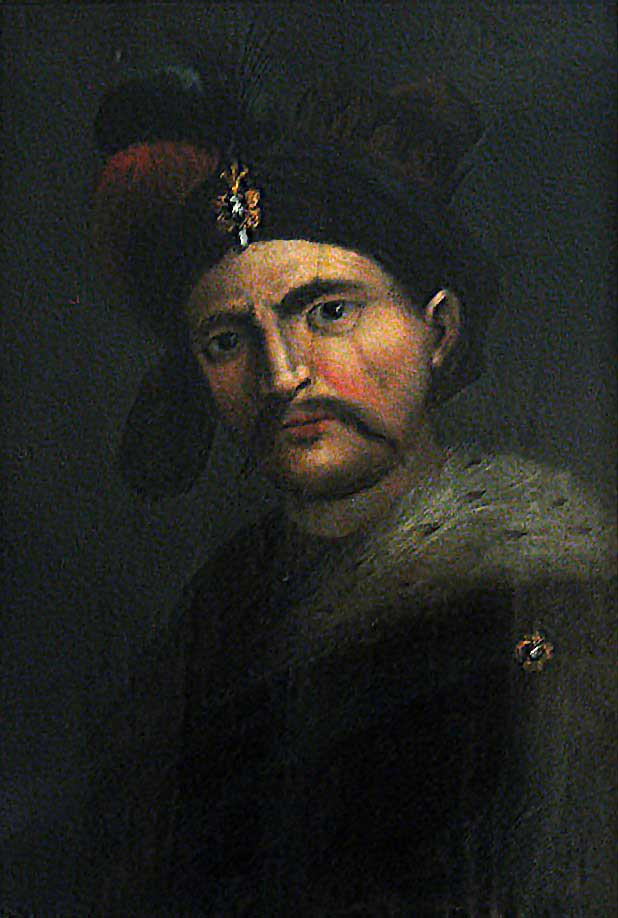
Shah Abbas
The history of Isfahan cannot be separated from the name of Shah Abbas the Great, the ruler who chose it as a capital in 1598 and spent forty-two years of his life toward its beautification and eminence. Brought up in Herat, the great cultural and intellectual center of Iran in the 16th century, since childhood Shah Abbas had been influenced by its magnificent architecture, painting, and calligraphy. The young prince showed astounding precocity as a connoisseur of the arts. When he was seven years old, an emissary from the royal court in Herat accompanied by his favorite painter, Habibollah of Saveh, Abbas appreciated the artist’s work and unceremoniously appropriated him from his master.
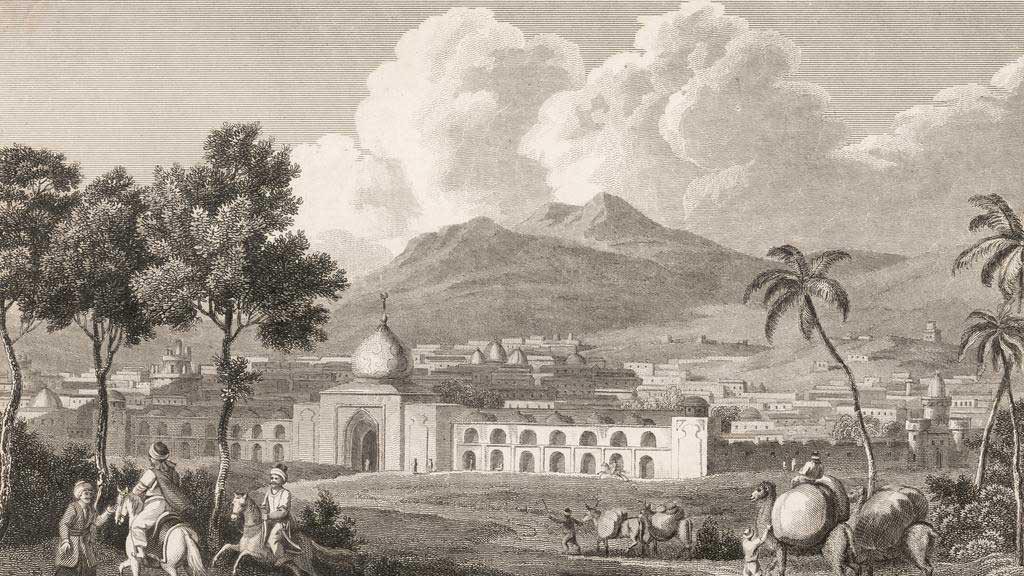
In 1587, Shah Abbas was crowned king at the age of 17. He started his career by eliminating all those who had made (and could unmake) him shah. In 1591, he appointed as his grand vizier a gifted aristocrat, Hatim Beik Ordubadi, a determined man who accomplished a series of reforms which helped to increase the Shah’s control over the entire country. In his late twentie, Shah Abbas was near the height of his power. His “revolution from above” preceded that of Louis XIV, but was at least as far-reaching. Shah Abbas was famed as a very energetic person. He was a skilled craftsman, making scimitars, bridles and saddles for his horses, weaving fabrics and distilling flower water with his own hands. Sometimes he gutted the fish or skinned the game he had killed and cooked it himself. Though almost illiterate, he was an able conversationalist with a thirst for useful knowledge. In a discussion, he was quick to get the point and was always ready to skewer an opponent’s remark with a sharp and well-aimed thrust. he was eager to learn about foreign lands and never missed an opportunity to cross-examine visitors from Europe about conditions in their home countries. Like his contemporary Akbar in India.
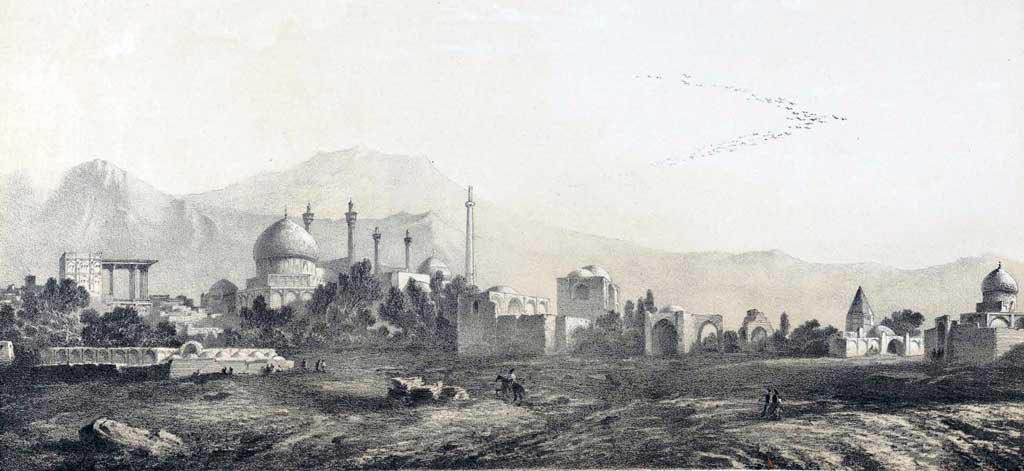
in 1598, Shah Abbas transferred the Safavid capital from Qazvin to Isfahan, where he built a whole new city, cheek by jowl with the ancient one. His intent was to build a new capital worthy of the Safavid state at the height of its power.
Under Shah Abbas’s guidance, Isfahan rapidly become one of the most beautiful cities in the world. The city’s change of status from a provincial to an imperial capital brought a great increase in population. Many of the newcomers were highly-skilled artisans who pursued the necessary patronage.
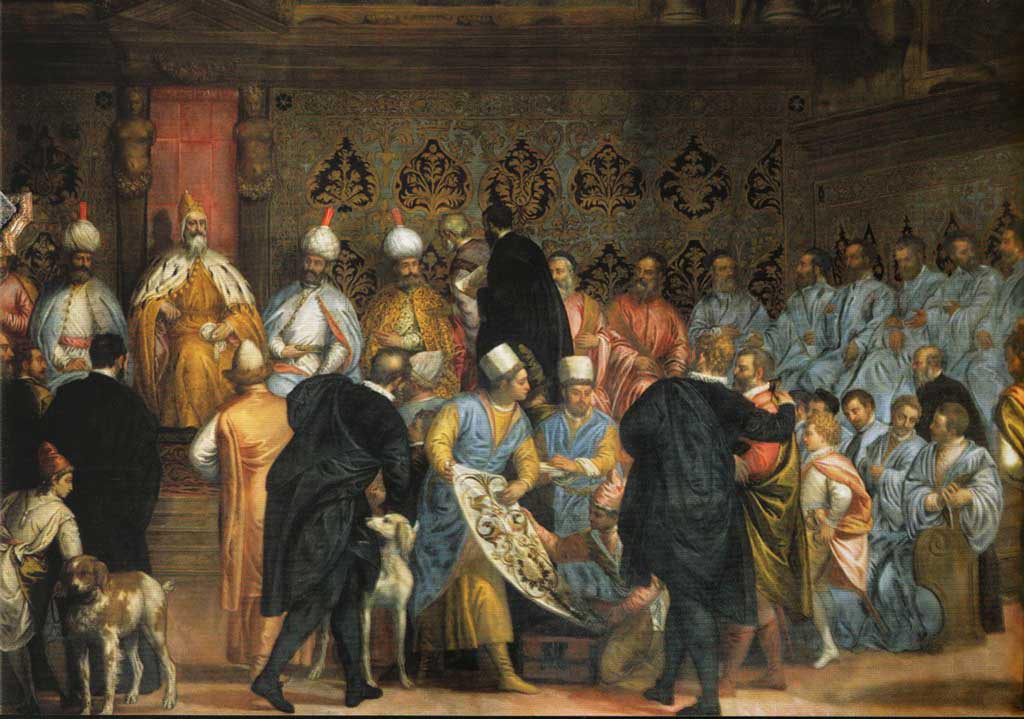
Vipemo Products
Sake Jug – Turquoise Inlaying – Size 2
€1,524.00 €1,200.00
Candy/Nuts Bowl Dish – Size 7
€1,500.00 €1,300.00
Candy/Nuts Bowl Dish – Size 1



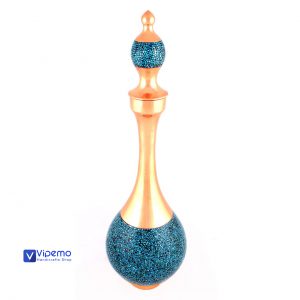
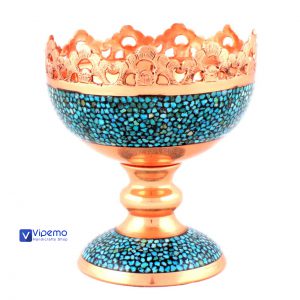

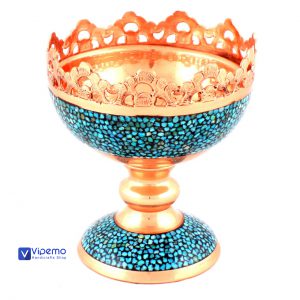
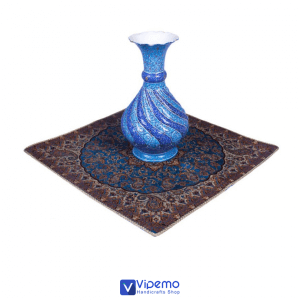
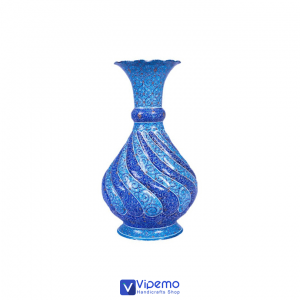
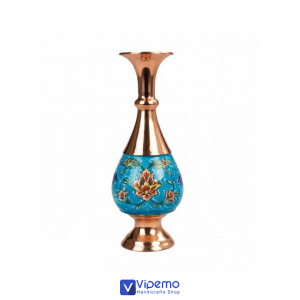
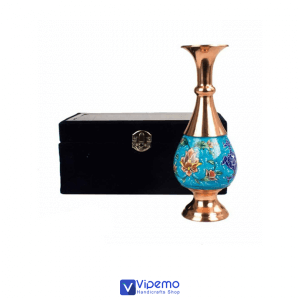






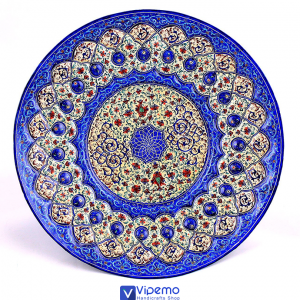
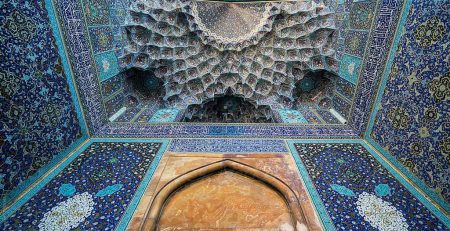
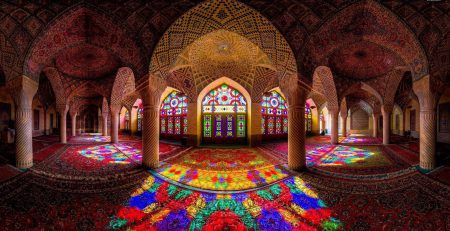
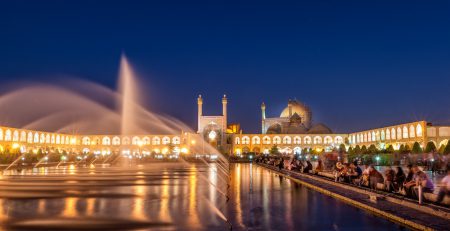
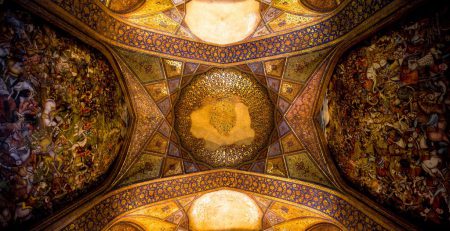
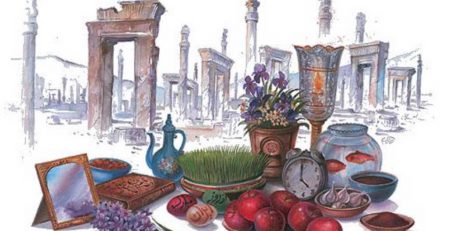
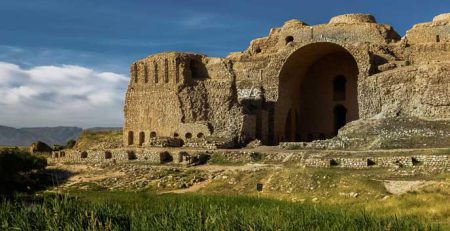
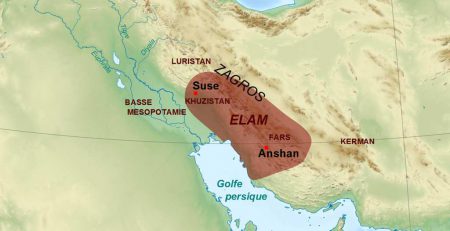
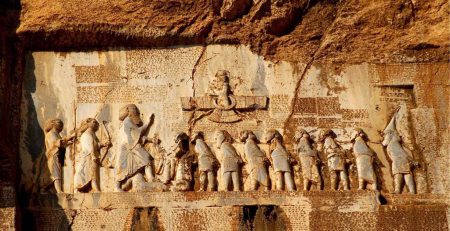
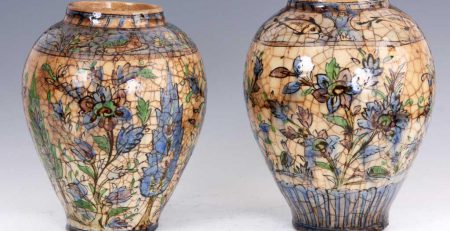
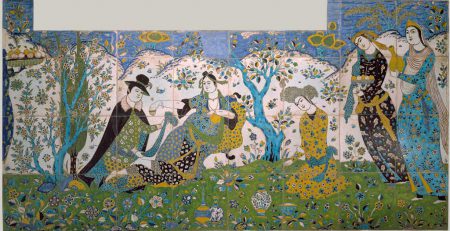
Leave a Reply